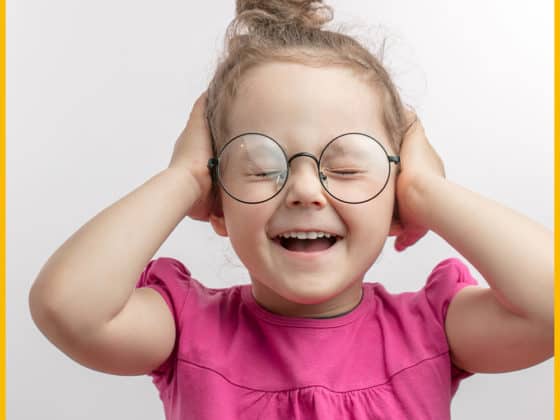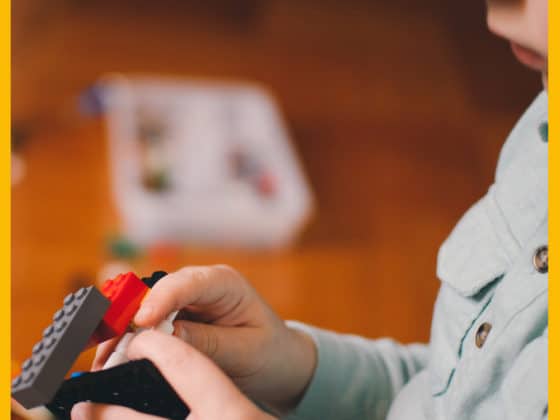May is Better Speech and Hearing Month (BSHM), and that feels like the perfect time to discuss how our therapists support children with speech and language disorders, particularly children on the autism spectrum.
At Pediatric Therapy Network, our team specializes in occupational therapy, physical therapy, and speech and language therapy. Children with autism often benefit from each of these therapies, but speech therapy can often be the most transformative for families. When a child is able to clearly express their thoughts, feelings, and wishes to their parents for the first time, that is a truly magical moment.
Since 1927, our nation has celebrated Better Speech and Hearing Month (BSHM) to raise public awareness that over fourteen million Americans struggle with a hearing, speech, language, voice, and/or swallowing disorder, and many of those affected are children. Over fifty pairs of muscles in our mouths and throats must work together so that we can chew, swallow, and speak. It’s very easy to take those processes for granted. Recognizing what a gift clear communication is and helping as many people as possible enjoy the benefits of better speech and hearing are what this month is all about.
Better Speech for Children with Autism
Our physical, occupational and speech therapists in Chicago work with all sorts of children to help them communicate more clearly. With children on the autism spectrum in particular, speech therapy can take many different forms, depending upon the severity of the child’s condition.
For example, some children with autism are able to speak clearly and actually enjoy speaking with a variety of people. But these same children sometimes have difficulty recognizing and understanding social cues and body language. They may need help understanding when it’s ok to touch other people, how to be gentle, and what sorts of things are appropriate to say in certain situations. This sort of behavioral therapy can involve speech therapy, occupational therapy, and sensory integration therapy in combination with one another.
At the other end of the spectrum, some children with autism are unable to speak at all. In these cases, a speech therapist can work with the child and their caregivers to create a system of communication that will help the child be understood. An appropriate system might include a combination of sign language and picture boards, known as a picture exchange communication system, that the child can point to in order to indicate wants and needs. Research has shown that using these types of systems can actually help a child learn to communicate verbally.
One of the most important things to remember when working with a child with autism is that they are a unique individual, just like each of us. Therefore, every child with autism – and indeed, every child with a speech, language, or hearing disorder – should be met on their own terms using therapies that are customized to their specific needs, wishes, and interests.
To learn more about Better Speech and Hearing Month, or to schedule a consultation with our Chicago speech therapists and/or occupational therapists, contact our team today!





